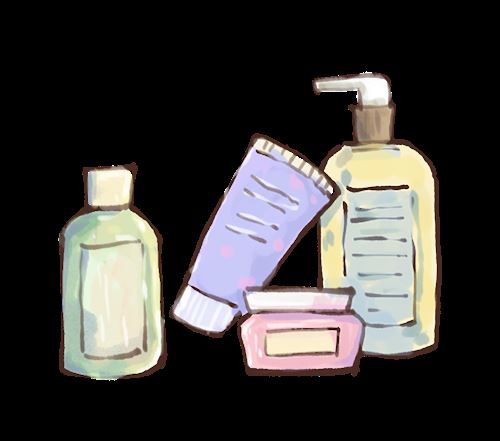
On November 3, 2023, the Scientific Committee on Consumer Safety (SCCS) of the European Union issued final opinion on Fullerenes, Hydroxylated Fullerenes and hydrated forms of Hydroxylated Fullerenes (nano). The preliminary opinion was released on April 24, 2023.
1. In view of the above, and taking into account the scientific data provided, does the SCCS consider Fullerenes, Hydroxylated Fullerenes and hydrated forms of Hydroxylated Fullerenes safe when used in cosmetic products according to the maximum concentrations and specifications as reported via CPNP, taking into account reasonably foreseeable exposure conditions?
Having assessed the information provided by the Notifiers, and the information available from published literature, the SCCS cannot conclude on the safety of fullerenes and (hydrated) hydroxylated forms of fullerenes due to a number of uncertainties and data gaps in regard to physicochemical, toxicokinetic and toxicological aspects. These uncertainties and data gaps have been indicated in relevant sections of the Opinion and must be addressed by the Notifiers to enable a conclusion on the safety of these materials for use in cosmetic products.
In particular, the SCCS cannot exclude the genotoxicity potential of fullerenes (C60 and C70). The available evidence also indicates that hydrated forms of hydroxylated fullerenes are genotoxic and hence the SCCS considers them as not safe for use in cosmetic products. In view of the equivalence to hydrated forms of hydroxylated fullerenes, as discussed in section 3.1.1.5, the same concerns over genotoxicity potential also apply to hydroxylated fullerenes.
2. Based on the currently available scientific literature and SCCS’ expert judgement, the SCCS is requested to assess any further scientific concerns with regard to the use of Fullerenes, Hydroxylated Fullerenes and hydrated forms of Hydroxylated Fullerenes in cosmetic products and whether a potential risk to human health can be identified according to Article 16(6) Reg.1223/2009.
In Annex-1 of this Opinion, the SCCS has noted the basis for concerns over the risks that the use of fullerenes, hydroxylated fullerenes and hydrated forms of hydroxylated fullerenes in cosmetic products may pose to the consumer. In brief, the SCCS has concerns in regard to:
- the potential presence of impurities (such as epoxide forms), heavy metals, accompanying contaminants and/or organic solvents in the notified nanomaterials. There is also a lack of data on the stability of hydroxylated fullerenes and their hydrated forms;
- the potential ability of fullerenes and derivatives to induce production of free oxyradicals when used in cosmetic products;
- phototoxicity of hydroxylated fullerenes – with similar concerns for the hydrated forms of hydroxylated fullerenes;
- sensitising potential of hydroxylated fullerenes;
- potential dermal absorption and systemic availability of the nanoparticles via the use in cosmetic products;
- potential distribution of systemically available fullerenes to various organs in the body and accumulation of the nanoparticles in certain organs – such as lungs and liver; and
- the available evidence being insufficient to allow the SCCS to exclude genotoxic/carcinogenic potential of any of the materials assessed in this Opinion.
If you need any assistance or have any questions, please get in touch with us via service@hfoushi.com.
Further Information

